The National School of Political and Administrative Studies (SNSPA) launched on Wednesday, on the occasion of the opening of the new academic year, the series of events "The Future of Europe", a debate platform intended to bring together international experts, political and academic leaders to reflect on the great transformations that the European Union is going through.
In the opening of the event, the rector of SNSPA, Remus Pricopie, highlighted the university's desire to bring academia closer to society, transforming classrooms into "living laboratories" of democracy, where students can interact directly with experts and political leaders and understand, in real time, global and regional dynamics.
According to a press release from the higher education institution, the guests of the first edition brought to discussion complementary perspectives on the future of the European Union, emphasizing the essential role of education, competitiveness and democratic resilience.
Victor Negrescu, Vice-President of the European Parliament and lecturer at the Department of International Relations and European Integration of the SNSPA, emphasized that education must become the "fifth European freedom", through the rapid recognition of diplomas, the creation of a European skills passport and consistent investments in the training of young people, so that European professionals remain in the community space and contribute to its development.
In turn, Roxana Minzatu, Executive Vice-President of the European Commission, responsible for Social Rights and Skills, Quality Jobs and Training, argued that the debate on the future of Europe cannot ignore two fundamental axes: competitiveness and defence, priorities imposed by a historical moment marked by accelerated technological transformations, global competition and unprecedented security challenges. Roxana Minzatu insisted on the fact that these strategic directions cannot be consolidated in the absence of education and the European social model.
Jochen M. Richter, Executive Member of the Diplomatic Council and President of the Global Security Forum, raised the question of whether a more resilient European Union is just a fiction or a real possibility, affirming that authentic freedom starts from free access to education and from the recognition of the role of higher education in shaping future generations.
Patrizia Nanz, President of the European University Institute in Florence, a member of CIVICA - the European University of Social Sciences, also stressed that Europe's unity and global influence depend on how it responds to interconnected crises, from trade shocks and climate change to conflicts and technological developments, and on its capacity to involve citizens in decision-making. She warned that the future of the European Union is closely linked to digital sovereignty, the technological infrastructure and the independence they can guarantee.
"Europe is at a critical juncture, faced with complex transformations that are resetting the Union's priorities and its future path. The foundations of European democracy and the rule of law are being tested by the rise of populism, the increasing polarization of society and external pressures on fundamental rights. The armed conflict in Ukraine accentuates these challenges, requiring Europe to reassess its security and defense strategies, strengthen transatlantic partnerships and increase its resilience against hybrid threats," the press release reads.
According to the cited source, the multiple transitions, from digitalization and artificial intelligence to the green transition, essential for long-term sustainability and competitiveness, produce significant economic and social changes, which require innovation in public policies, retraining of the workforce and inclusive social policies.
The press release also states that migratory pressures, demographic changes and the effects of events such as Brexit continue to shape the public debate and the process of European integration. At the same time, the European Union is facing increasingly intense global competition, coming from dynamic economies and changing alliances.
The debate series "The Future of Europe", organized by SNSPA, member of CIVICA, the European University of Social Sciences, confirms the university's commitment to being "a space for critical thinking and academic dialogue, strengthening European values" of solidarity, democracy and civic engagement.

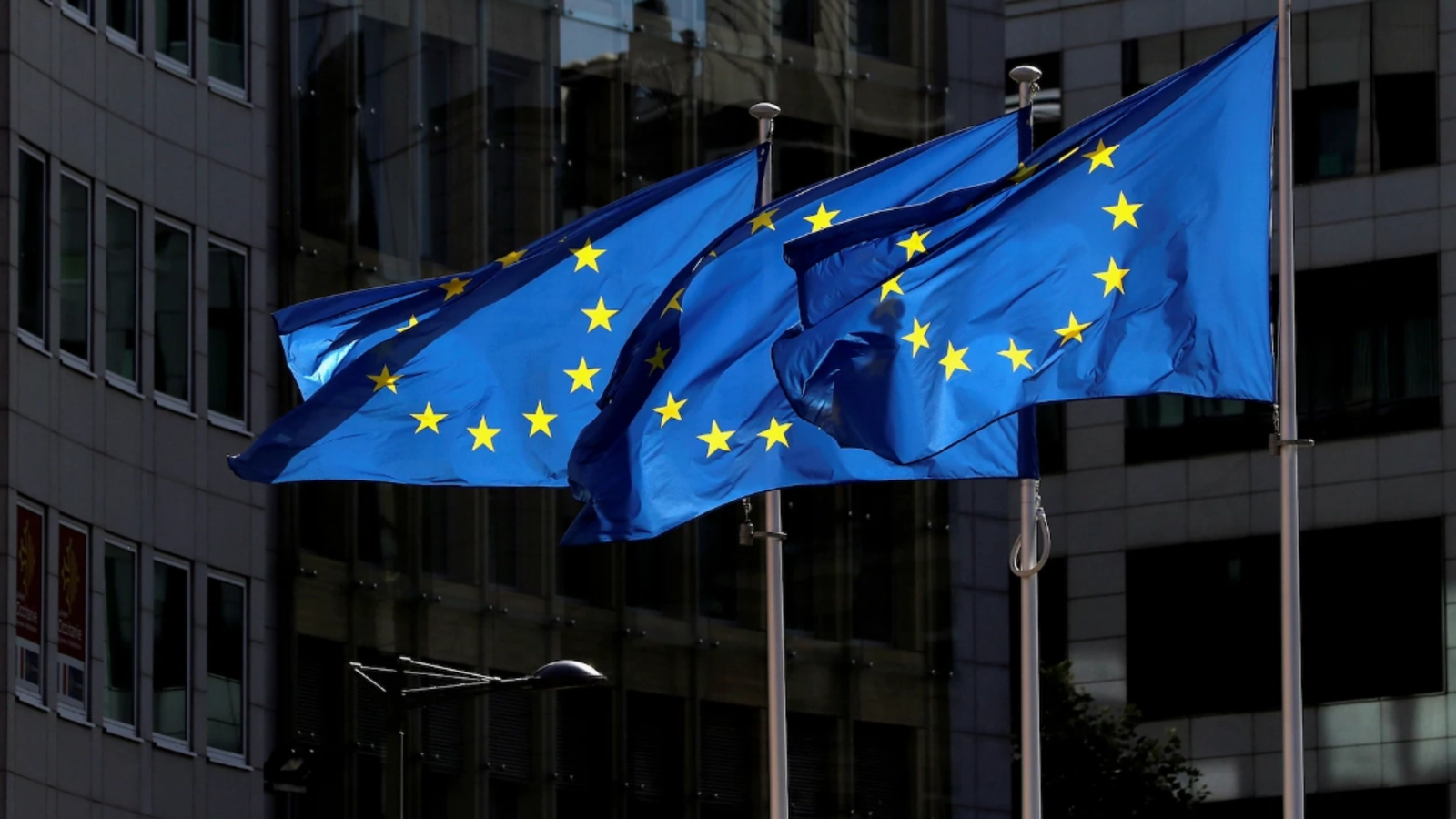



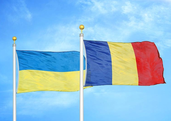
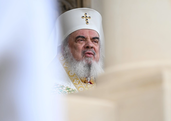

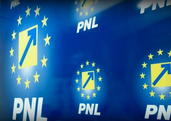
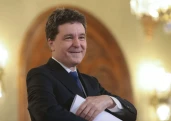
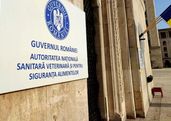

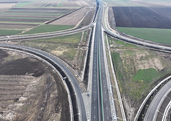



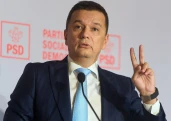




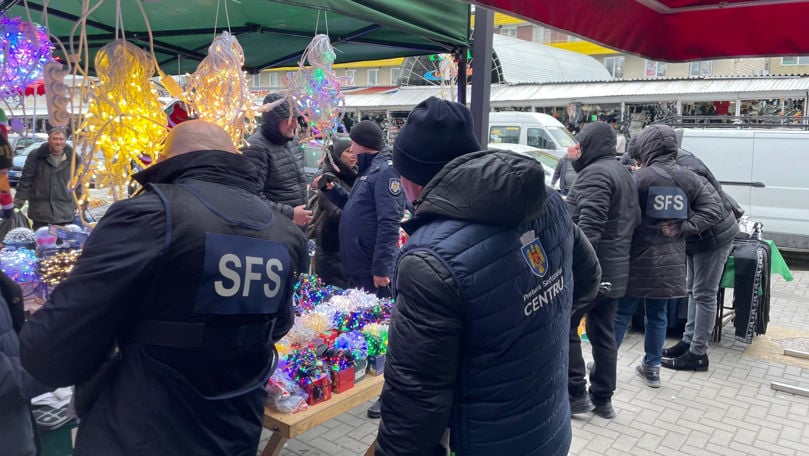
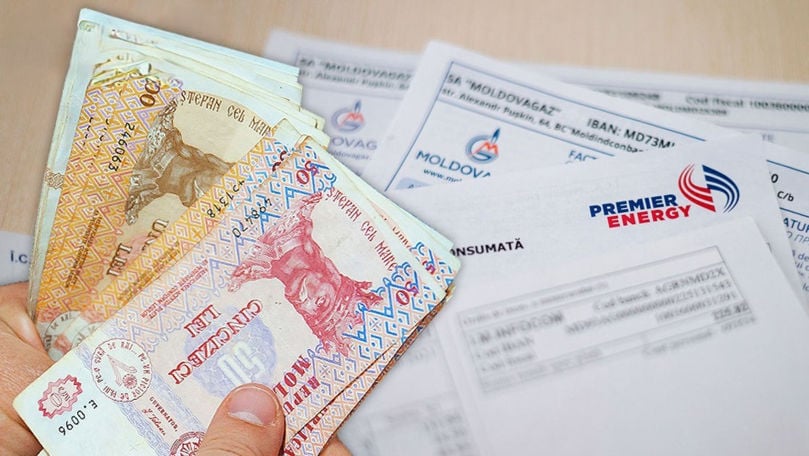






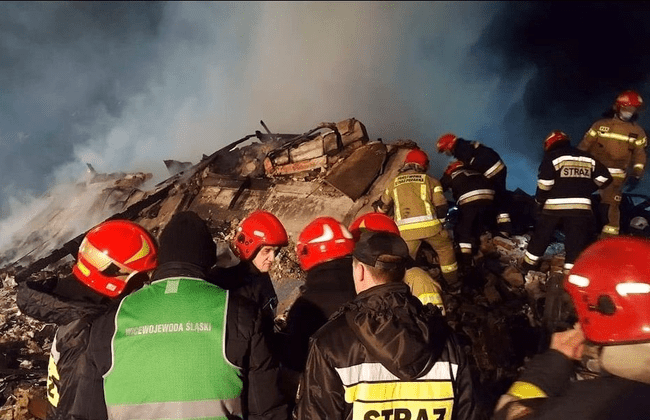


Comentează